Recent news about neuroscience and the brain from across Columbia.
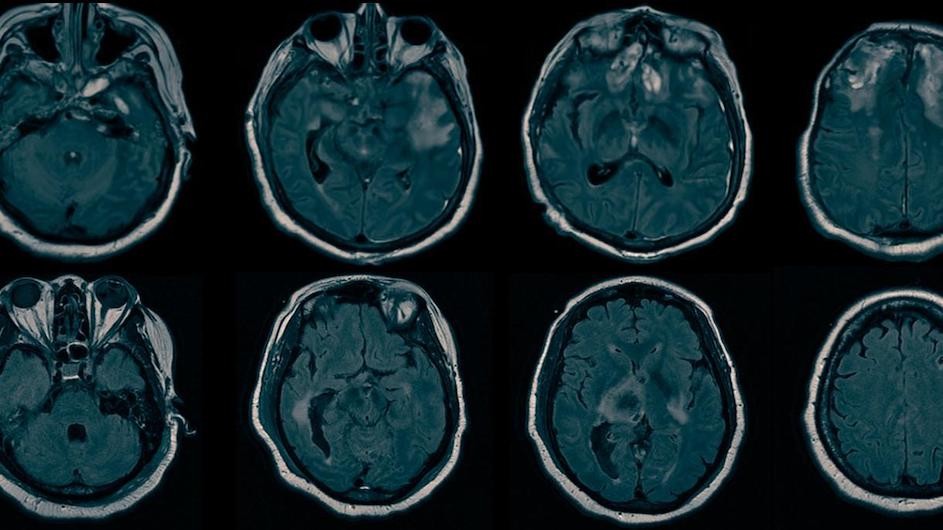
The findings could help physicians better predict which brain-injured patients are likely to recover with rehabilitation.
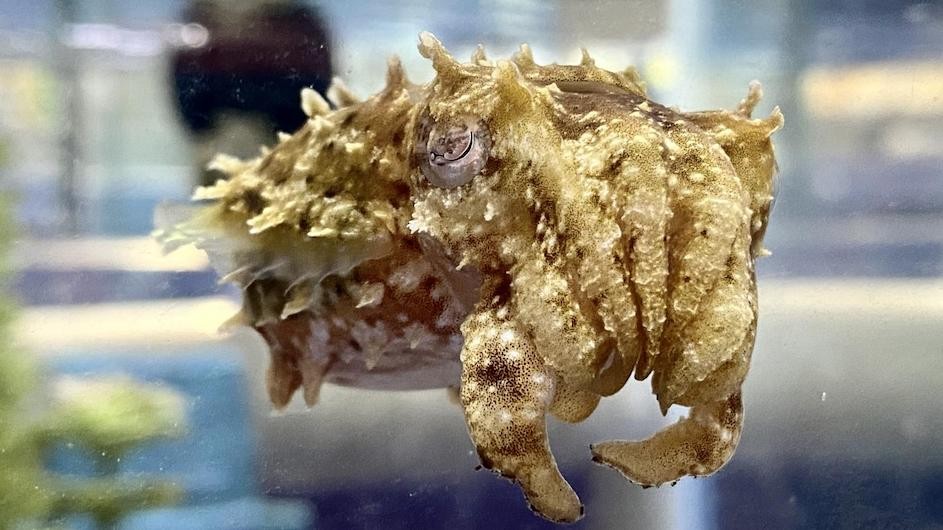
Zuckerman Institute researchers believe cuttlefish, masters of camouflage, can yield insights on all brains, including ours.
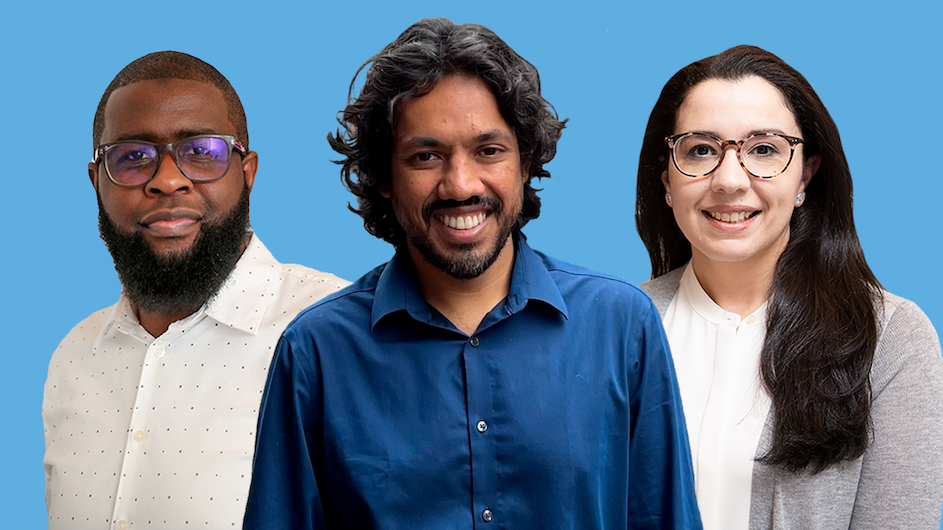
Yasmine El-Shamayleh, Vikram Gadagkar, and Ishmail Abdus-Saboor won the award for research excellence and inclusion in the lab.

David Hellerstein covers everything from psychoanalysis to the DSM diagnostic manual and neuroscience.
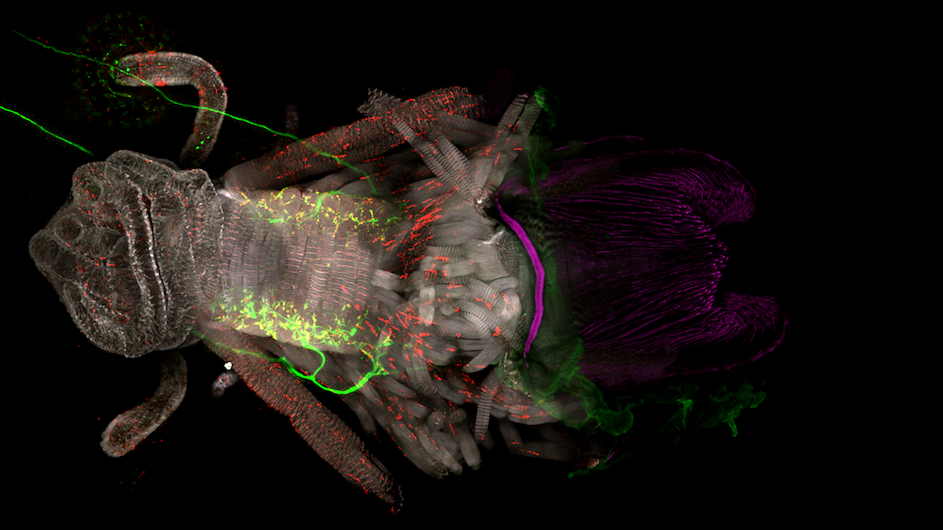
New research shows that several distinct sets of nerve cells allow flexible decision-making for innate behaviors like laying eggs.
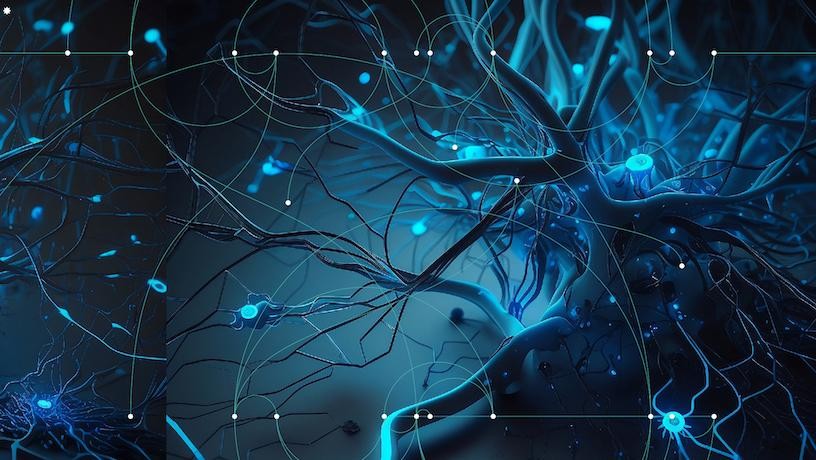
The AI Institute for ARtificial and Natural Intelligence (ARNI) will ignite advances in AI and neuroscience.

The Zuckerman Institute's Joseph Gogos, a co-director of the new center, discusses its goals.
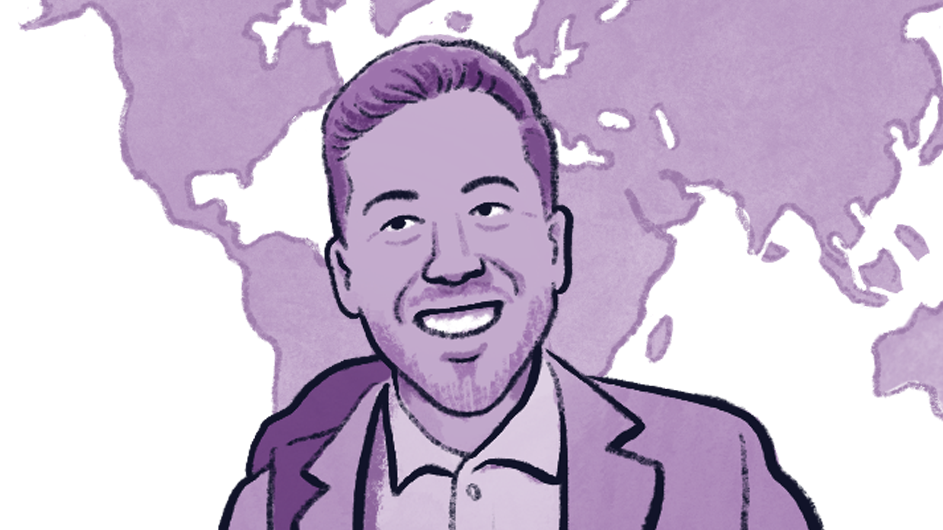
Zamora, a researcher at the Zuckerman Institute, is studying the neural basis of attention and decision-making.
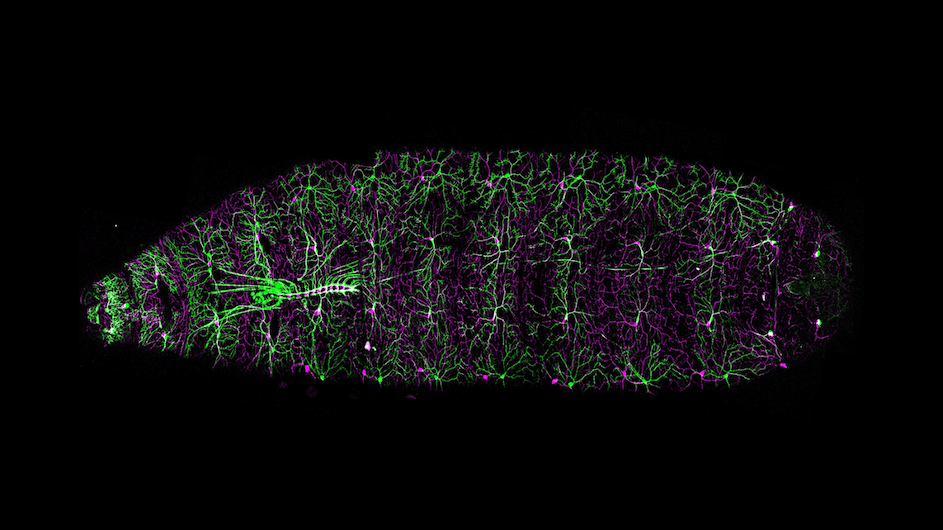
A Columbia lab has identified how interactions between developing sensory cells help flies discern different sensory inputs.
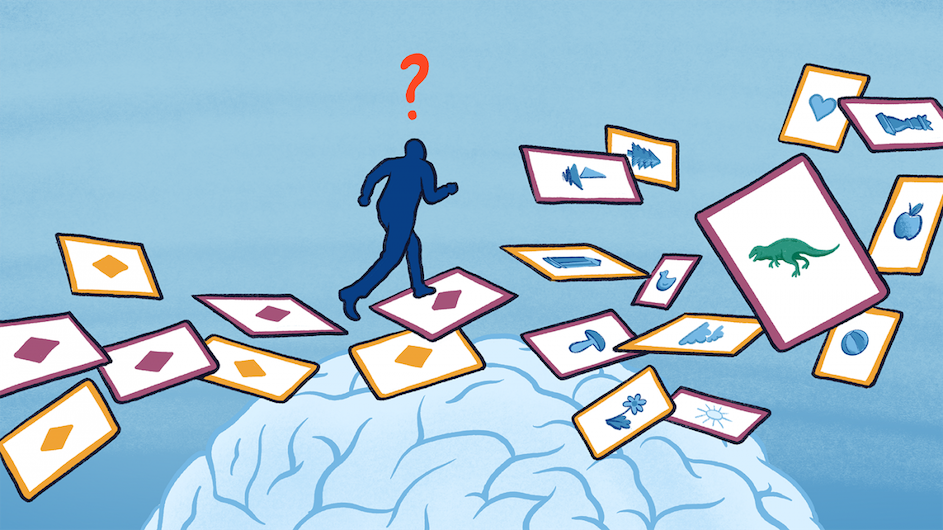
When making decisions, we rely on different kinds of memory. How does the brain decide which to use?
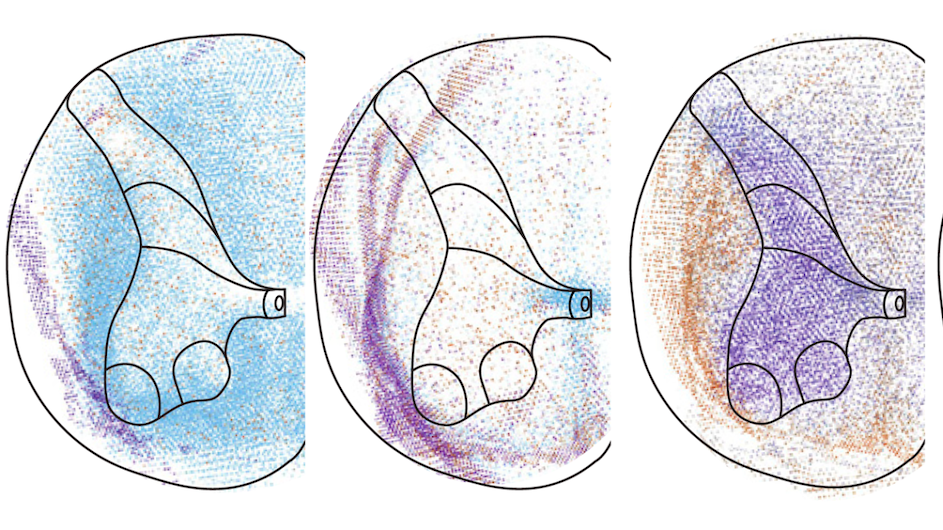
With the help of the new atlas, researchers found features of motor neurons that make them vulnerable to degenerative disease.
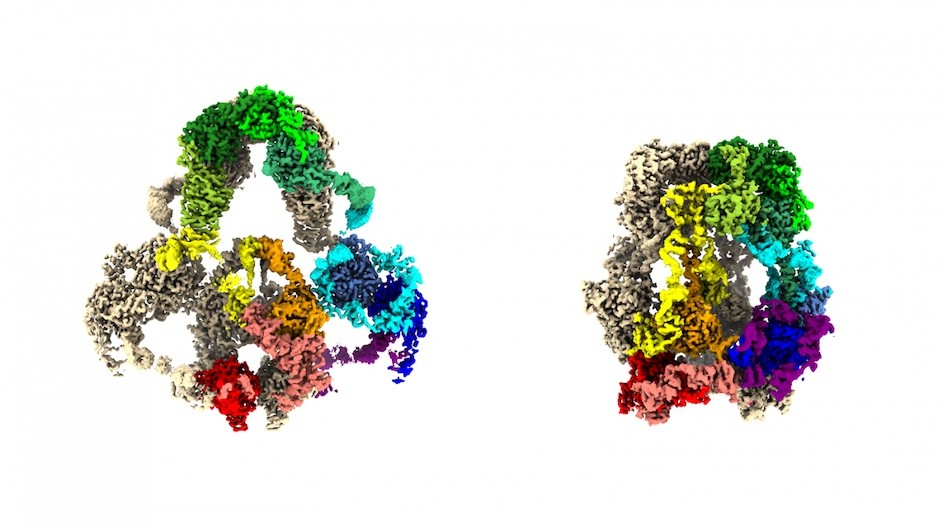
The interdisciplinary research opens avenues in treating chronic kidney disease, Alzheimer's, and other illnesses.